Solar System Prices in Pakistan – City-Wise Overview (May 2025)

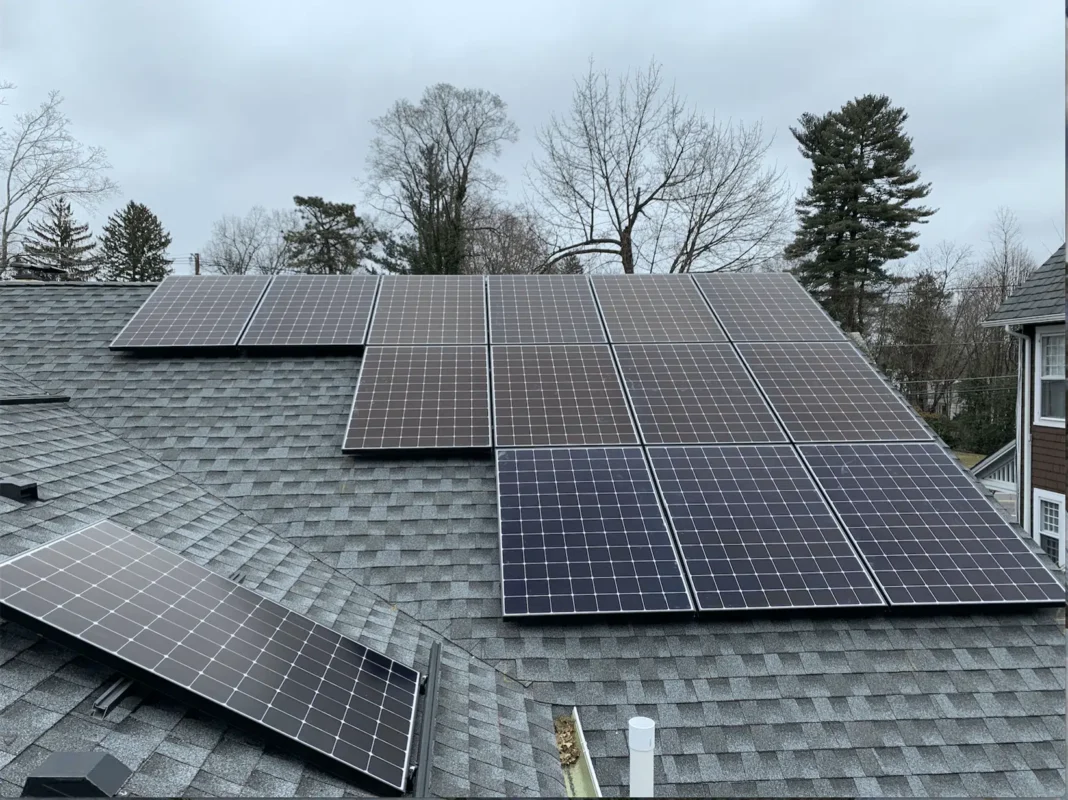
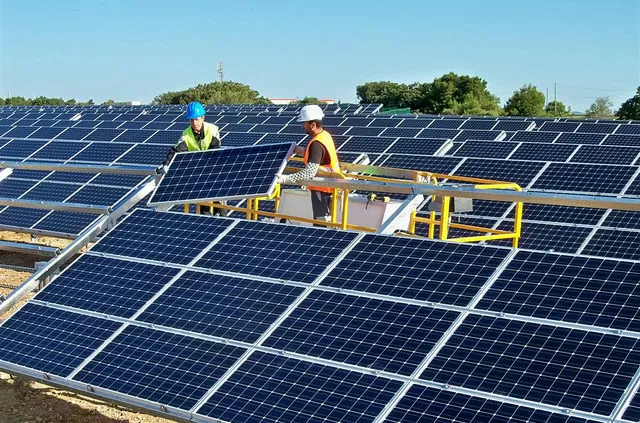
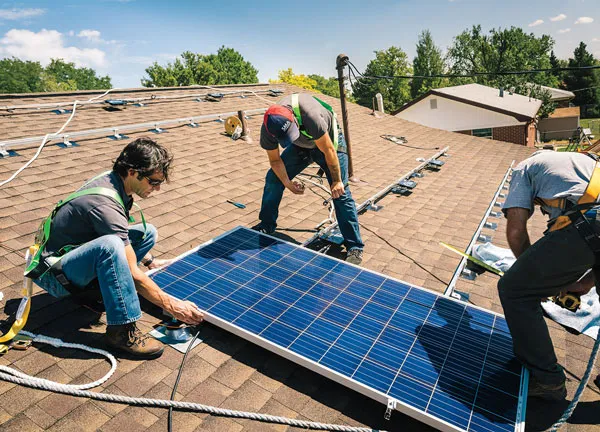
As electricity prices continue to rise and load shedding remains a concern, more homeowners and businesses across Pakistan are turning to solar energy. But how much does it really cost to go solar—and how does pricing vary across cities?
This blog breaks down average prices city-wise and provides insights into choosing between professional and informal installation methods.
City-Wise Solar Panel Prices (Per Watt)
| City | Price Range (PKR/Watt) |
|---|---|
| Islamabad | 32 – 34 |
| Rawalpindi | 32 – 33.5 |
| Lahore | 28 – 32 |
| Karachi | 28 – 31 |
| Peshawar | 32.5 – 34 |
| Quetta | 31 – 33 |
Note: Prices depend on the brand of solar panels, inverter model, and warranty services provided.
Estimated System Costs by Capacity
| System Size | Estimated Price (PKR) |
|---|---|
| 3 kW | 400,000 – 500,000 |
| 5 kW | 500,000 – 650,000 |
| 7 kW | 600,000 – 750,000 |
| 10 kW | 800,000 – 1,000,000 |
| 15 kW | 1,700,000 – 2,200,000 |
| 25 kW | 2,600,000 – 3,500,000 |
These prices include Tier-1 panels, inverters, and installation. Systems with batteries or hybrid functionalities will be priced higher.
Installation: PPIB Registered Company vs. Local Electrician
Choosing who installs your solar system is as critical as choosing the components themselves. Here’s a breakdown of the advantages and disadvantages of opting for a PPIB (Private Power and Infrastructure Board) registered company versus a local electrician or informal installer.
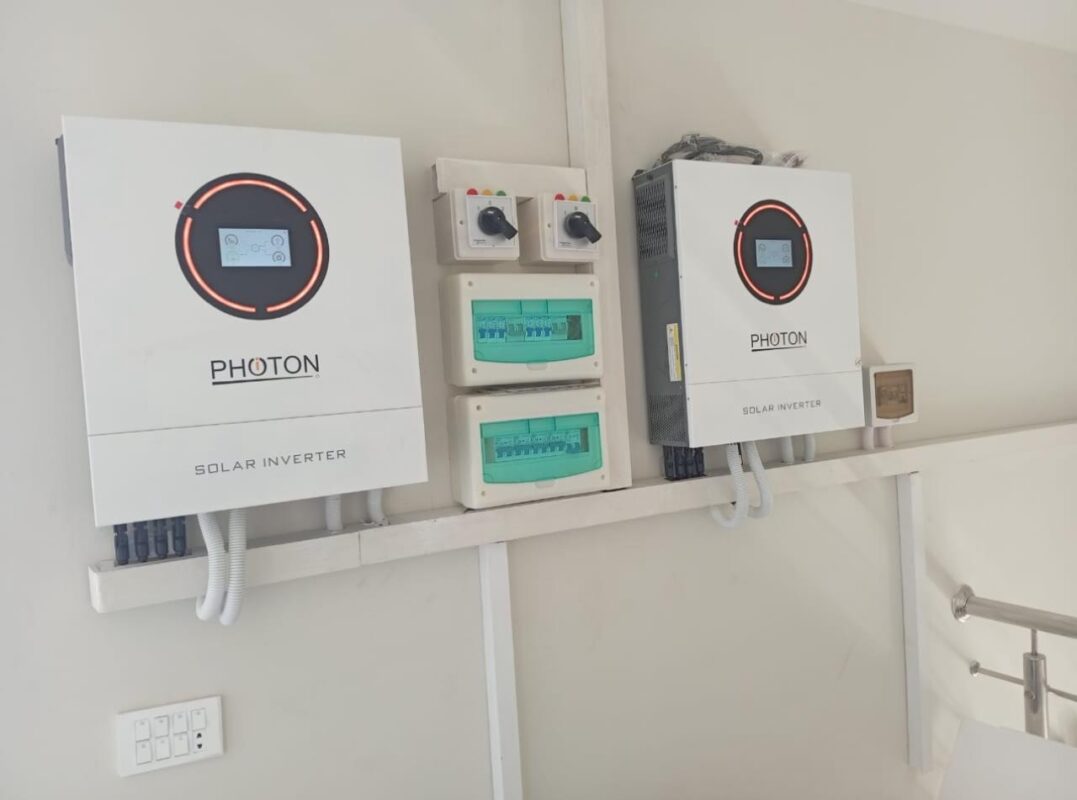
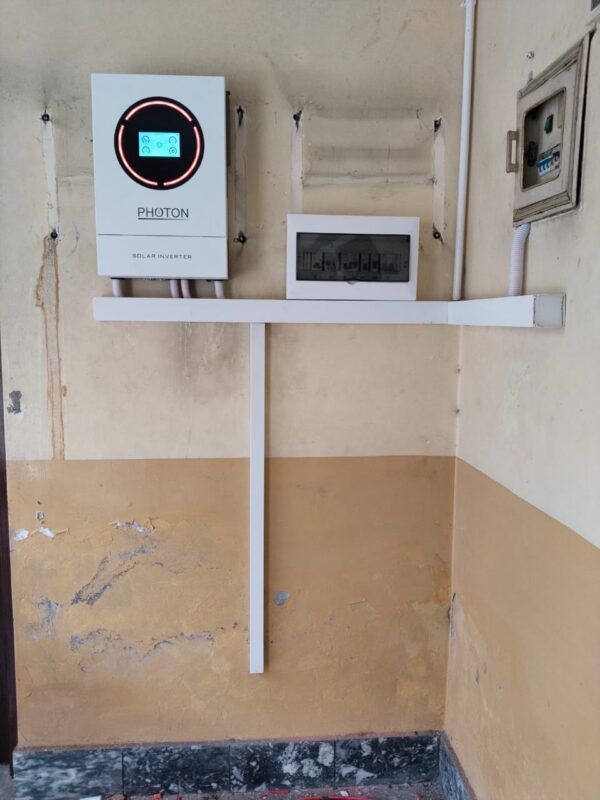
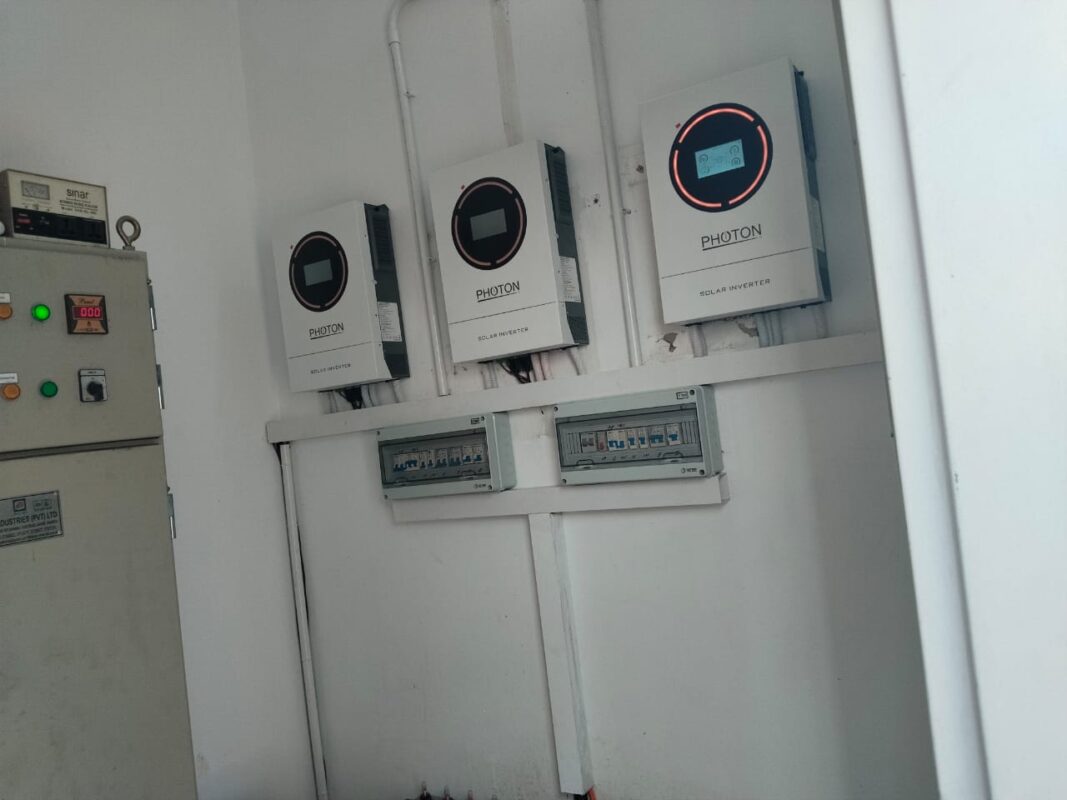
PPIB Registered Company
Advantages:
- Verified & Licensed: These companies are approved by the Government of Pakistan and meet national technical and safety standards.
- Net Metering Eligibility: Only PPIB-registered firms can legally apply for net metering on behalf of customers.
- Warranties & After-Sales Service: Most registered companies provide 1-5 year warranties on inverters and batteries, along with free or paid after-sales service.
- Proper Documentation: Clients receive complete documentation, including warranty cards, manuals, and installation checklists.
- Trained Technicians: Installers are usually trained, insured, and equipped with industry-standard tools.
Disadvantages:
- Slightly Higher Cost: Installation and service charges may be higher than what local installers quote.
- Waiting Time: Due to high demand, installation timelines might be longer in comparison.
Local Electrician / Unregistered Installer
Advantages:
- Lower Initial Cost: Local electricians typically charge less, making it a tempting option for budget-conscious consumers.
- Quick Availability: They’re often more readily available for urgent jobs.
Disadvantages:
- No Net Metering: These installers cannot register your system for net metering.
- No Warranty or After-Sales Service: Most do not offer system warranties or post-installation support.
- Quality Risks: Use of non-branded components, lack of surge protection, improper grounding, and other safety concerns are common.
- No Accountability: In case of system failure, there’s often no way to claim repairs or compensation.
Final Advice
While choosing a local installer may reduce upfront costs, the long-term value of getting your solar system installed by a PPIB-registered and FBR/PEC-compliant company is hard to ignore. From warranties to net metering to professional safety standards, it offers peace of mind and better ROI.





